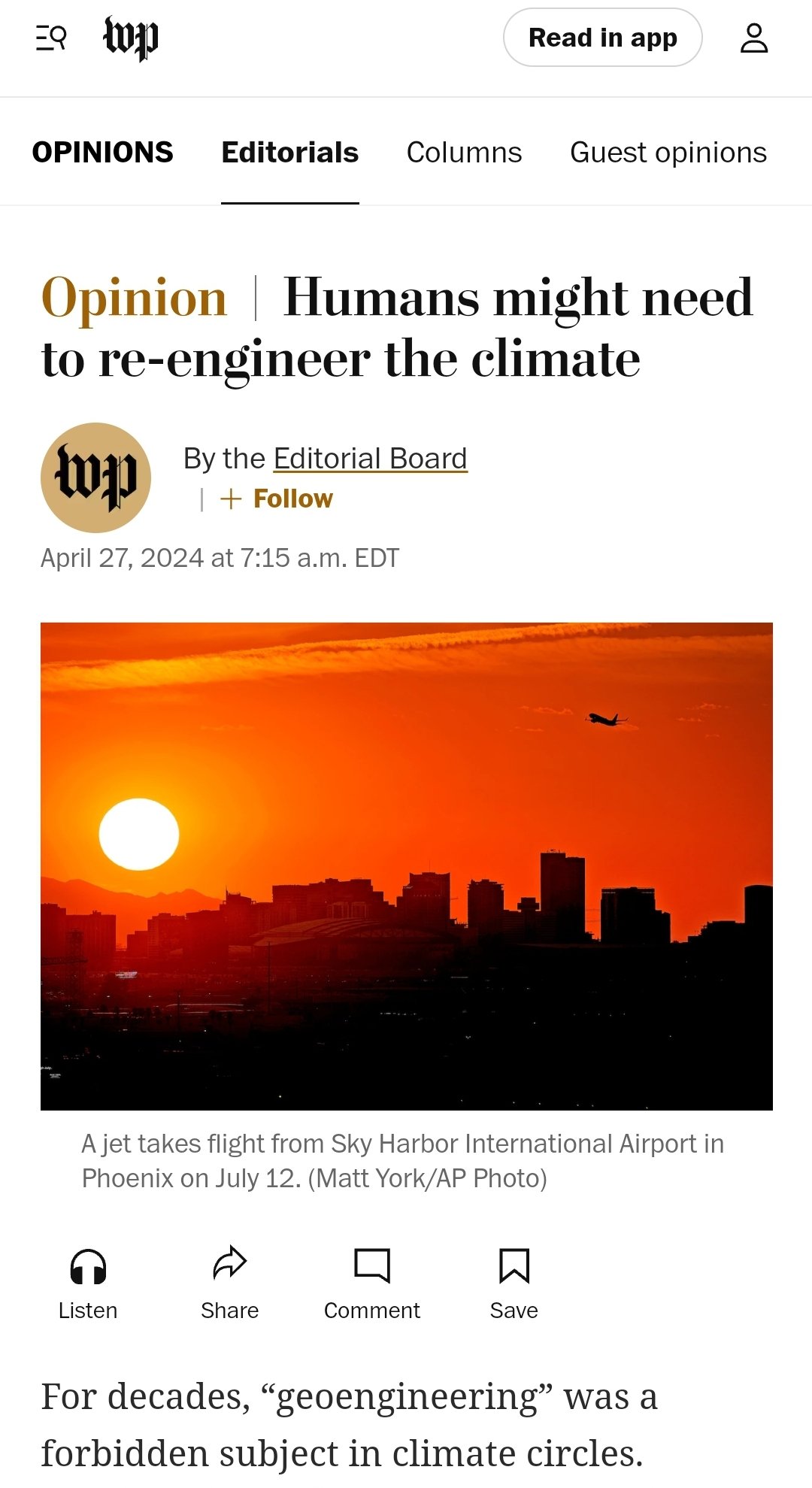By MICHAEL BASTASCH
The Environmental Protection Agency (EPA) sent its proposal to repeal the Obama administration’s global warming regulation on power plants to the White House for review.
The Office of Management and Budget (OMB) received EPA’s proposal to repeal the Clean Power Plan (CPP) on Wednesday, according to the office’s website. A repeal is expected to be finalized by the end of the year.
The Obama administration imposed the CPP in 2015 with the goal of cutting carbon dioxide emissions from existing power plants 32 percent below 2005 levels by 2030. The CPP would have forced more coal plants to shut down, but a coalition of states, businesses and unions got the Supreme Court to issue a stay in early 2016.
EPA Administrator Scott Pruitt announced the agency would begin the process of repealing the CPP in October, but Pruitt will not be around to see the repeal effort through as he recently resigned amid a flurry of ethics investigations. (RELATED: Scott Pruitt’s Parting Gift: Nixing One More Obama-Era Regulation)
Pruitt spearheaded state resistance to the CPP while attorney general of Oklahoma. Former Senate staffer and coal lobbyist Andrew Wheeler has taken over as acting administrator. It’s not clear when President Donald Trump plans on nominating Pruitt’s successor.
Wheeler is not expected to deviate much from Pruitt’s agenda. The EPA had already settled on a plan to replace the CPP with a less stringent rule on CO2 emissions before Pruitt’s departure.
The New York Times reported that EPA’s draft repeal plan “would recommend regulating the emissions of individual coal plants, which would call for modest upgrades, such as improving efficiency or substituting fuel.”
This standard, favored by industry, would be much easier for individual coal plants to meet, possibly delaying the closure of many slated to shut down under the specter of more onerous EPA rules.
A weaker CO2 emissions rule that would stave off lawsuits from states and activist groups, but may not sit well with conservatives who petitioned the EPA to reconsider the 2009 endangerment finding.
At least two groups — the Competitive Enterprise Institute and the Concerned Household Electricity Consumers Council — petitioned EPA to reconsider the endangerment finding, which gave it the authority to regulate greenhouse gases.




